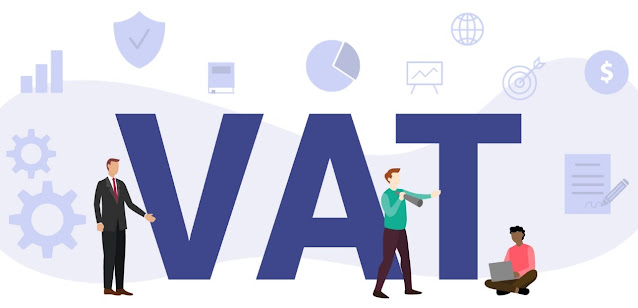
Overseas businesses operating in the UK must deal with a heavily complex tax and regulatory regime. Robust international tax planning is a must for business, to ensure compliance with local laws and also to prevent multiple taxation in the home and foreign country.
Below are some key considerations related to UK corporation tax that international organisations should factor into their business plans.
General UK Corporation Tax Rates
Any foreign company that has a UK branch or office is subject to paying corporation tax on trading profits.
For the financial year beginning 1 April 2023, the main rate of corporation tax in the UK is 25%. This applies to businesses who made over £250,000 profit. For business whose profits are less than £50,000, a 19% small profits rate of corporation tax must be paid. Businesses who make between £50,000 and £250,000 could be entitled to ‘marginal relief’ to reduce the tax bill.
UK Corporation Tax Allowances And Reliefs
Costs that have been incurred due to running the business can be deducted from your business profits before you calculate the corporation tax you owe.
This will include capital allowances, which will include the items you have bought that you will be keeping to use in the running of your business. It could include assets such as equipment, machinery, and company cars and vehicles, such as lorries.
The UK also has various other reliefs that you may be able to make a claim for, which could reduce your tax bill. This includes The Patent Box; if profits from the business are made from the sales of a product that has been patented, or from royalties of a patent, there is a lower rate of tax, at 10%.
Relief can also be claimed for Research and Development; if your business has been part of a specific project that has made advancements in science or technology, you could be able to claim a corporation tax relief.
There are also corporation tax reliefs available for certain creative industries, goodwill and relevant assets, and trading losses.
Special corporation tax regimes In general, most businesses in the UK will pay the above corporation tax rates, regardless of their size or company type. However, there are some exceptions.
Oil and gas company UK corporation tax
Oil and gas companies will have to pay a higher rate of corporation tax on profits derived from the extraction of oil and/or gas. The higher rate is 30%, and there is also a supplementary charge of tax (known as SCT) of 10% to ring-fence profits.
An energy profits levy (EPL) is a temporary charge on a company’s ring fence profits, at a rate of 35%. This charge is due to be in place until 31 March 2028, unless the average price for oil and gas falls to what is deemed as historically normal levels for at least six months.
There is also a historical Petroleum Tax Revenue (PTR) which is 0%. The PTR is a tax paid on profits derived from oil fields which had been given development consent before March 1993. PRT is permanently set at 0% but it has not been abolished, so losses can be carried back against past payments.
Banking Sector UK Corporation Tax
Companies operating in banking in the UK will be subject to a supplementary tax of 3% on profits that exceed £100 million. Prior to the 2023 financial year, the rate was at 8%.
Tonnage Tax
Companies in the UK that use qualifying ships can choose to pay Tonnage Tax instead of corporation tax. Here, profits are calculated based on the net tonnage of operating ships.
VAT For International Business In The UK
VAT is Value Added Tax. For UK businesses, they must register for VAT if the total VAT taxable turnover for the past year was over £85,000, or if the turnover is expected to go over the VAT threshold in the next 30 days.
For businesses based outside the UK that supply goods or services to the UK, they must register for VAT regardless of turnover.
However, you can apply for an exemption for registration if the goods you supply are all zero-rated, so have a VAT rate of 0%. This includes most food, books, newspapers, clothing and shoes for young children, and public transport services. For a full list, you should contact the VAT helpline.
